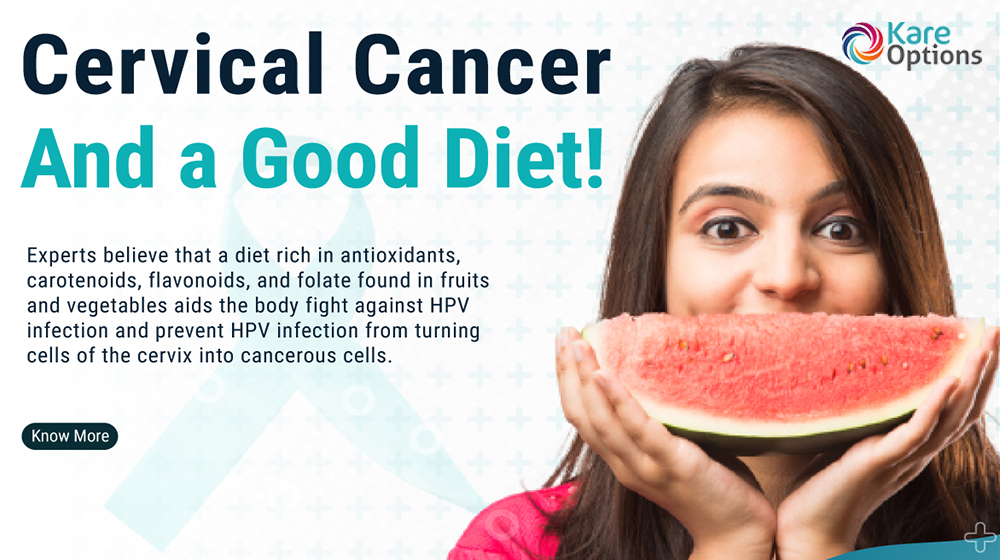Is Conception Possible After Cervical Cancer?
A common concern amongst young cervical cancer patients is related to pregnancy, and if it can be achieved after getting diagnosed with cervical cancer. It has been seen that pregnancy rates are very encouraging after a trachelectomy with close to 70 % of women achieving pregnancy afterward. On the other hand, some patients might require reproductive assistance. For instance, they might need to go for intrauterine insemination or in vitro fertilization techniques. Hence it is very important to consult a reproductive specialist in such scenarios. Also, patients will need to deliver via cesarean section because of the permanent cerclage placed at the base of the uterus to prevent premature delivery. A cervical cancer patient’s ability to become pregnant and carry a pregnancy will vary depending on what type of treatment the patient receives. Early-stage cervical cancers can often be treated with surgical procedures that do preserve your ability to become pregnant and carry a pregnancy. If you require a hysterectomy or radiation, you would not be able to. However, there are still options through assisted reproductive technology that could allow you to have a biological child. It is to be noticed here that fertility-sparing options are primarily available for women who are diagnosed with early-stage disease, or disease that is still small and confined to the cervix.
Diet for cervical cancer patients
Studies suggest that eating a variety of fruits and vegetables may reduce your risk and help you protect yourself from developing cervical cancer. Since most cases of cervical cancer are caused by infection with the human papillomavirus (HPV), experts believe that a diet rich in the antioxidants, carotenoids, flavonoids, and folate found in fruits and vegetables aids the body fight against HPV infection and prevent HPV infection from turning cells of the cervix into cancerous cells. A study published in the journal Cancer Research found that women whose blood tests showed high levels of certain chemical compounds indicating a diet rich in fruits and vegetables were able to clear their HPV infections faster than their peers, which could help reduce the risk of cancer. Flavonoids to Reduce Cervical Cancer Risk- Flavonoids-rich fruits and vegetables are very effective in providing protection against cancer. The following are just a few examples of flavonoid-rich foods to consider adding to your diet:
- Apple
- Asparagus
- Black beans
- Broccoli
- Brussels sprouts
- Cabbage
- Cranberries
- Garlic
- Lettuce
- Onions
- Soy
- Spinach
Studies also suggest that foods rich in folate (a water-soluble B vitamin) reduce the risk of cervical cancer in people with HPV. Foods rich in folate include:
- Avocados, Chickpeas
- Fortified cereals and bread
- Lentils
- Orange juice
- Strawberries
Some studies suggest that carotenoids, a source of vitamin A, are also helpful in preventing cervical cancer risk. In addition to the fruits, vegetables, and beans on the lists above, you could also include orange foods such as carrots, sweet potatoes, pumpkin, and winter squash in your diet.
Disclaimer:
“KareOptions does not have any intention to provide specific medical advice, but rather to provide its users and/ or the general public with information to better understand their health. All content (including text, graphics, images, information, etc.) provided herein is for general informational purposes only and is not a substitute for professional medical advice, care, diagnosis, or treatment. KareOptions makes no representation and assumes no responsibility/ liability for the accuracy of the information, advice, diagnosis, treatment provided herein or on its website. NEVER DISREGARD PROFESSIONAL MEDICAL ADVICE OR DELAY IN SEEKING TREATMENT BECAUSE OF SOMETHING YOU HAVE READ IT HERE OR ACCESSED THROUGH THE KAREOPTIONS WEBSITE.”


